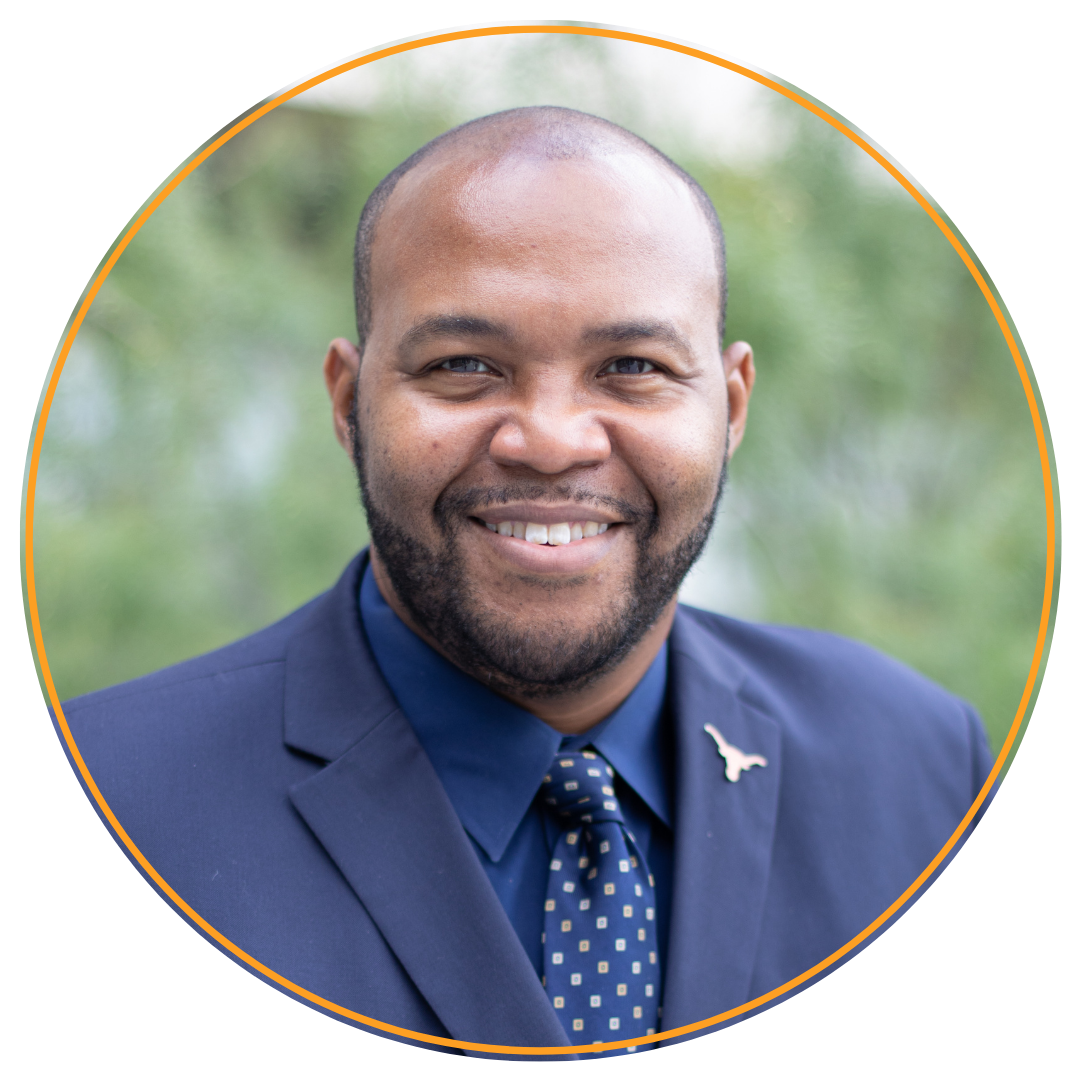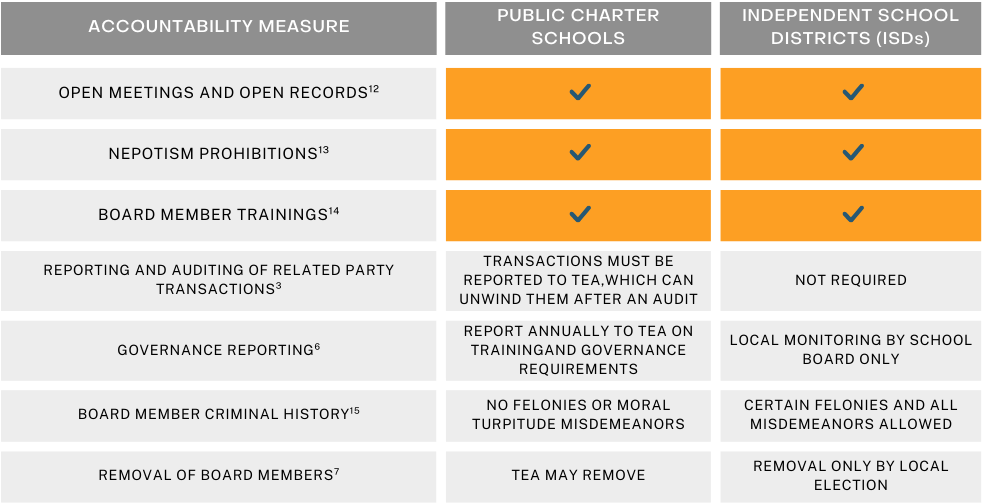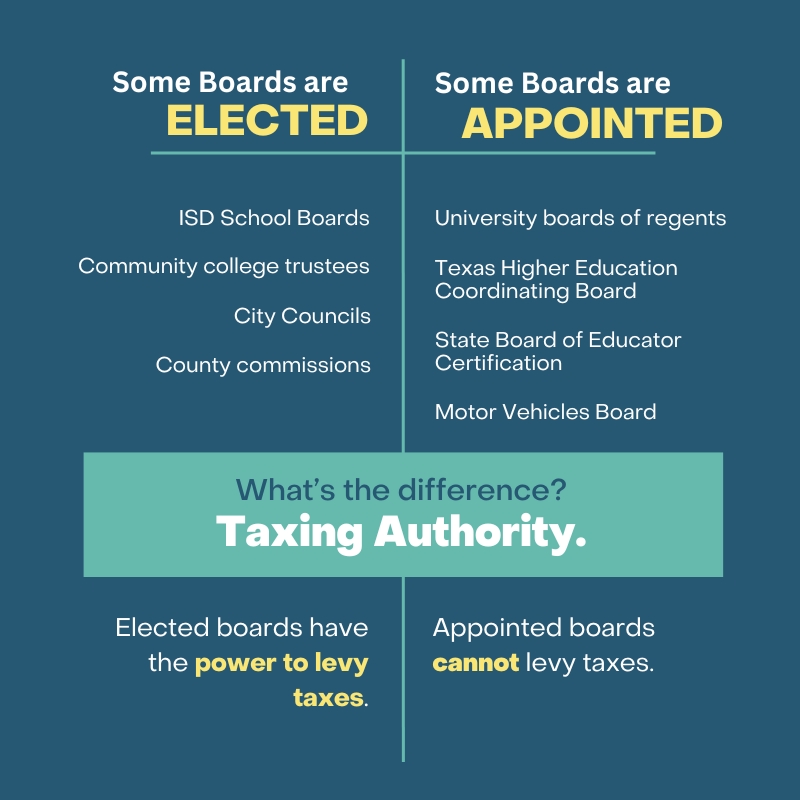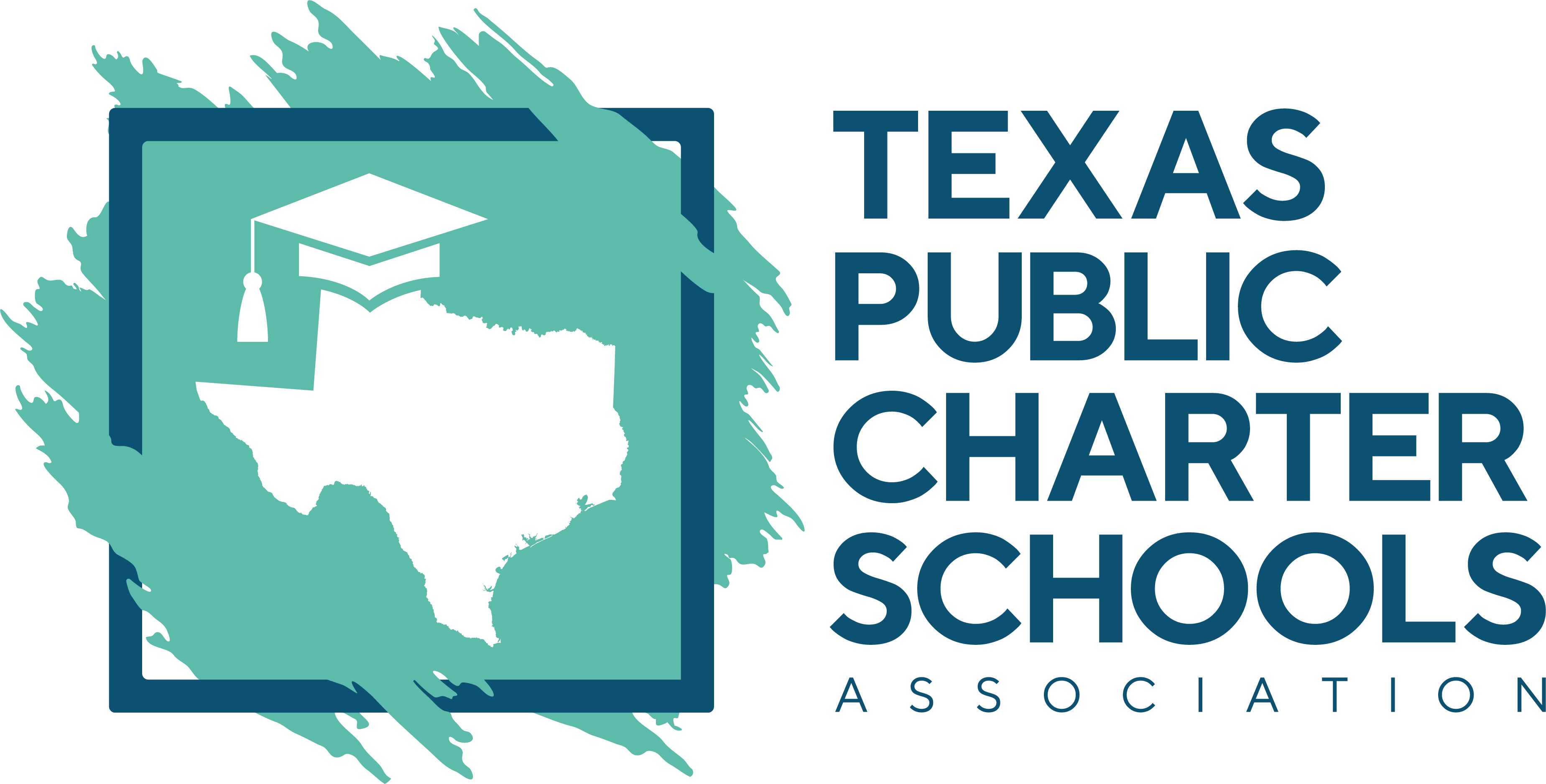About 1,300 experienced professionals serve on the governing boards of Texas public charter schools. These civic-minded volunteers from the community — including some of the brightest stars from technology, law, and finance — want to improve public education and help students succeed.
Their involvement enriches the way that public charter schools, which are designed to be creative and flexible, operate each day. But how do these governing boards really work?




Public charter school boards are highly accountable, both to the state and to families, for their performance.


Public charter school boards are transparent and responsive to their communities.
Meet A Charter School Board Member: Kyle Clark



Public charter school board members are volunteer public
servants aligned with the missions of the schools they serve.
Public charter school board members are volunteer public servants aligned with the missions of the schools they serve.
All charter schools in Texas are public, tuition-free, and open to all students. But each one takes a unique approach based on the needs of local students and families.
The Texas Education Agency (TEA) enters into a contract with each public charter school that codifies that school’s unique mission and model. There are public charter schools focused on STEM, classical education, dropout recovery, special education, college preparation, and career readiness — among many other specialties.
It’s critical that public charter schools convene governing boards that are closely aligned to these missions. A public charter school dedicated to STEM, for example, can lean on the expertise of computer scientists or engineers. This ensures the continuity of each school’s vision and facilitates long-term planning and accountability.
Board members receive no compensation for their service
Public charter school board members are unpaid volunteers. They’re prohibited by Texas law from being directly compensated for board-related work.1 In addition, many legal guardrails are in place to ensure there is transparency for any business transactions involving entities associated with public charter school board members.
If an entity associated with a public charter school board member conducts business with the member’s charter school, which is called a “related party transaction,” it must comply with disclosure and conflict of interest requirements under the Local Government Code — exactly as ISD board members would.2 But unlike ISDs, public charter schools must report these related party transactions to TEA3, which has the power to restructure or discontinue them if they are not in the best interest of students.4
As 501(c)3 nonprofits, public charter schools (including their boards) must also comply with the federal Internal Revenue Code, which includes restrictions, sanctions, and disclosure requirements for related party transactions that are in addition to state law.5
The public charter school community supports stronger regulations of related party transactions in real estate. Disclosure and recusal by ISD and public charter school board members is not enough — we support prohibiting any and all public officials from financially benefiting from these transactions.
Our position is clear:
• We supported SB 1454 in 2019 (86R), which gave TEA the power to audit related party transactions — and restructure or discontinue them if they don’t serve the best interest of students.
• We supported an amendment to HB 1707 in 2023 (88R), which ensured the benefits of the new law were only made available to charter schools certifying that no one associated with the school was receiving any personal financial benefit from a real estate transaction with the school.
• We supported HB 3863 in 2023 (88R), which would have prohibited charter school board members — and all other public officials — from financially benefiting from real estate transactions entered into by their own local governmental entity or board. This bill did not receive a hearing, but we hope the work will continue in future sessions

Public charter school boards are highly accountable,
both to the state and to families, for their performance.
Public charter school boards are highly accountable, both to the state and to families, for their performance.
Texans expect school boards to run their districts well and follow all state and federal laws when spending taxpayer dollars to educate children. It’s no surprise, then, that those school boards — at public charter schools and ISDs alike — are held to high standards of accountability.
What you might not know is that public charter school boards are held to even higher standards than their ISD peers.
This starts with training. The trustees of public charter schools must complete specific training courses from state-approved providers, covering critical topics such as education law, school finance, health and safety, and accountability. While ISD board members complete similar training, only public charter schools must track and report this training to the state and the agency can sanction any public charter school school that fails to comply.6
Public charter school board members who breach their duty, violate fiscal accounting standards, or commit a crime can be removed by the Commissioner of Education. The Commissioner also has broad powers to address serious cases by reconstituting charter school boards;7 temporarily suspending school operations or withholding funding;8 or even closing the charter school.9 Additionally, the Attorney General may hold individual board members personally liable for Breach of Duty.10
There are no similar mechanisms for ISD trustees, who are protected from personal liability and can only be replaced in an election.
There’s another form of accountability, even more powerful than state regulations, that applies to public charter schools. We’re talking about parents.
Parents choose to enroll their children in public charter schools. They’ll also choose to un-enroll them if expectations aren’t met or students don’t succeed. When families “vote with their feet,” it holds schools accountable in a uniquely urgent way. Campuses must respond quickly, and maintain the community’s trust, in order to stay open.

Meet A Charter School Board Member: Brian Dillard



Public charter school boards are transparent and responsive to their communities.
Public charter school boards are transparent and responsive to their communities.

We sometimes hear that board members for public entities such as charter schools must be elected in order to be responsive to their community. This just isn’t true. Public charter school board members are appointed, rather than elected, by design.
In fact, there are many public boards in Texas whose members are appointed instead of elected. This typically comes down to taxing authority. As Americans, we’ve always believed in “no taxation without representation.” So it makes sense that voters decide who should have the power to levy taxes — and in Texas, they do. Elected bodies with taxing authority include the councils and commissions of cities and counties; ISD boards; community college trustees; and of course, the Texas Legislature.
Public boards in Texas that do not have taxing authority are typically appointed. These include the Texas Higher Education Coordinating Board, the State Board of Educator Certification, the Motor Vehicles Board, boards of regents at universities, and many more — such as public charter schools.
Meet A Charter School Board Member: Brig. Gen. Marcela Monahan, USMC (Ret.)



Meet A Charter School Board Member: Kari Honea



Frequently Asked Questions
What’s the value in having appointed board members?
Appointed board members are no less responsive to the community than those who are elected. They listen to members of the public who contact them, participate in public forums during open meetings, and utilize their own expertise and experience combined with that feedback to vote on board agenda items.
All of these board members agree to take their appointed seat out of a desire to serve — and because they’re passionate about the mission of the board. Public charter schools (along with other public entities who appoint board members) can assemble a group of professionals with varied backgrounds and experiences — a mix that leads to great student outcomes.
Can public charter school board members live out of state?
State law requires a majority of public charter school board members to be Texas residents. This allows mission-aligned leaders with unique expertise to serve Lone Star State students.
For example, it opened the door for Brigadier General Marcela Monahan — who retired from the United States Marine Corps as one of the military’s most senior leaders — to volunteer as a board member at ILTexas. It’s a tremendous match. Brig. Gen. Monahan, who grew up across nine countries and found success in the corporate world, now brings her expertise to a public charter school network with a global lens and a robust JROTC program.
Meet A Charter School Board Member: Brig. Gen. Marcela Monahan, USMC (Ret.)


Meet A Charter School Board Member: Kari Honea


Policy Recommendations & Conclusion
The governing boards of Texas public charter schools play a crucial role in the education system. They bring together talented volunteer leaders who believe deeply in the missions of their schools — and are held to extremely high standards for accountability and transparency. We offer these policy recommendations to ensure their continued effectiveness:
Questions? Contact research@txcharterschools.org
Questions? Contact research@txcharterschools.org
